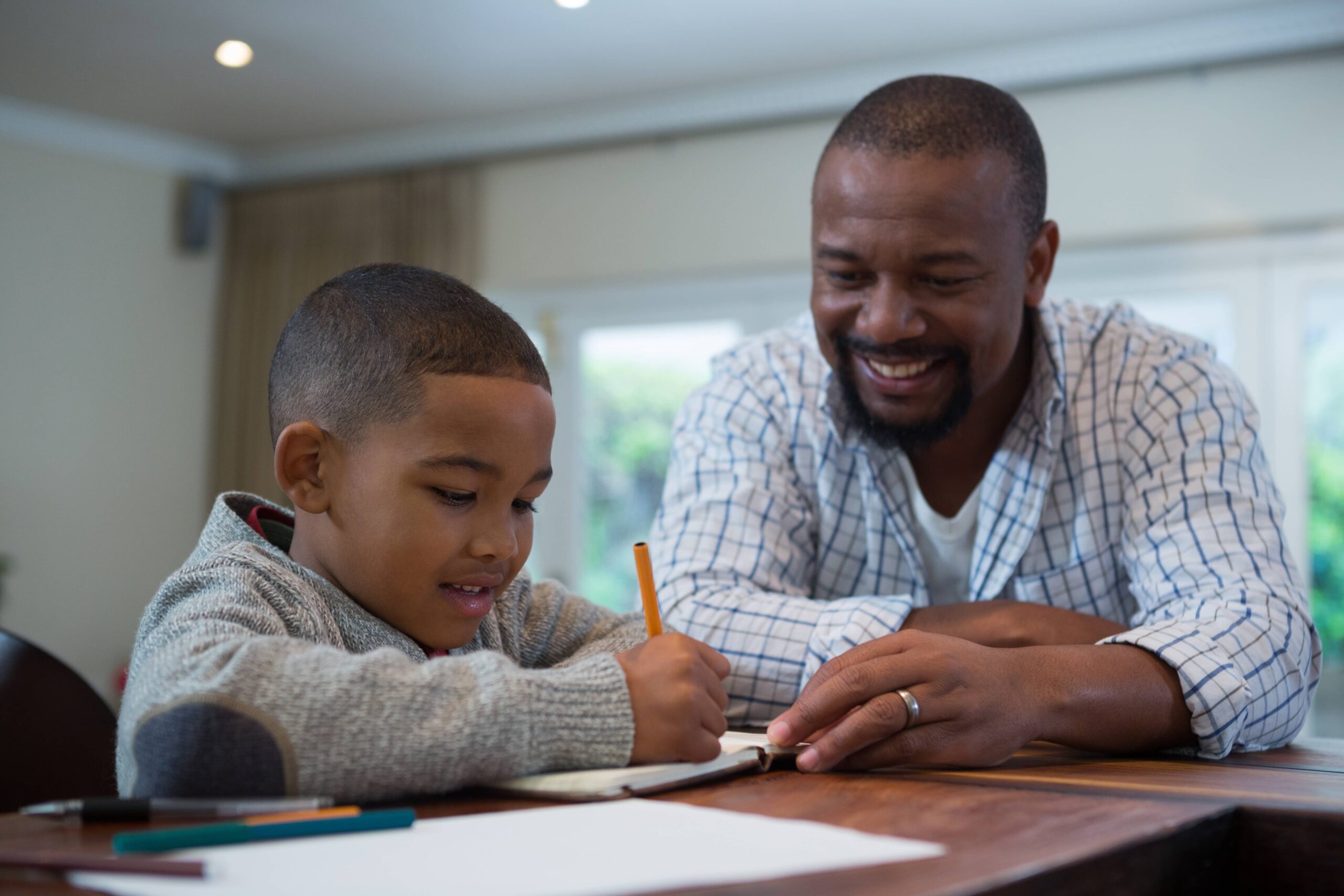Voice of children, young people and families
Listening to children, young people and families and getting their voices heard in the right places is critical to ensuring that the system is serving them effectively. It’s important that we listen to families more and find ways of responding as a system, not just as individual agencies, and to customise our services and responses to meet the varying needs of our community.
The Lundy model of participation is increasingly being adopted throughout Surrey, having already been used extensively nationally and internationally. Based on four key concepts – Space, Voice, Audience and Influence – it helps those working with children and young people to ensure ‘the right to express views’ and ‘the right to have views given due weight’ are at the heart of what we do.
The model was developed by academic Laura Lundy, Professor of International Children’s Rights at the School of Education at the Queen’s University of Belfast. A good starting point to learning more can be found here.
To find out how Barnardo’s are using this model to shape ‘voice and influence’, click here.

Voice of children, young people and families
Listening to children, young people and families and getting their voices heard in the right places is critical to ensuring that the system is serving them effectively. It’s important that we listen to families more and find ways of responding as a system, not just as individual agencies, and to customise our services and responses to meet the varying needs of our community.
children and young people about their experiences, feelings, concerns and hopes for the future, so that we may shape the system to meet their changing needs.
Inspired by the Appreciative Inquiry approach which sector colleagues in other parts of the country have used very successfully, we are implementing a new way of connecting with children, young people and families which we’re calling Surrey Appreciative Inquiry and Learning (SAIL).
